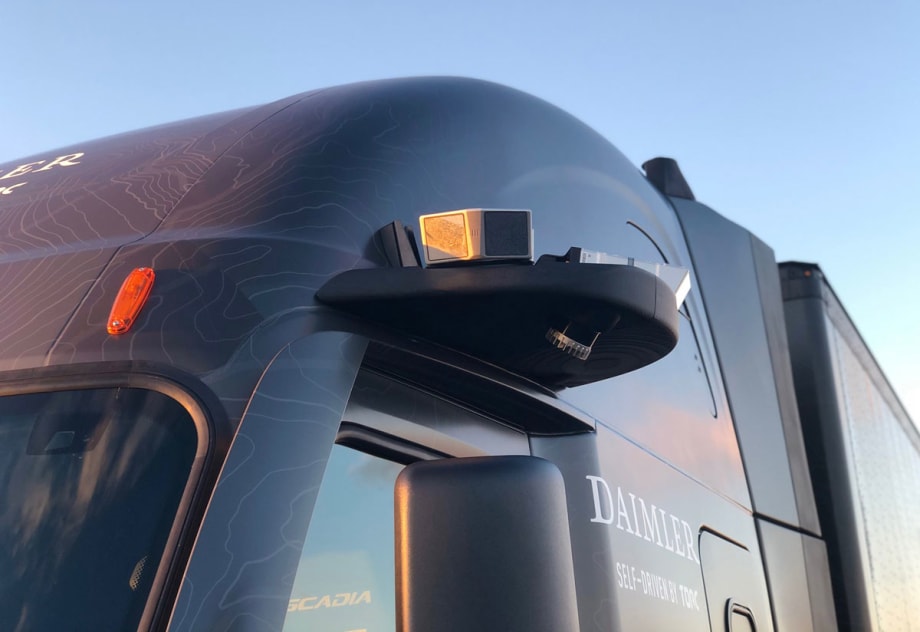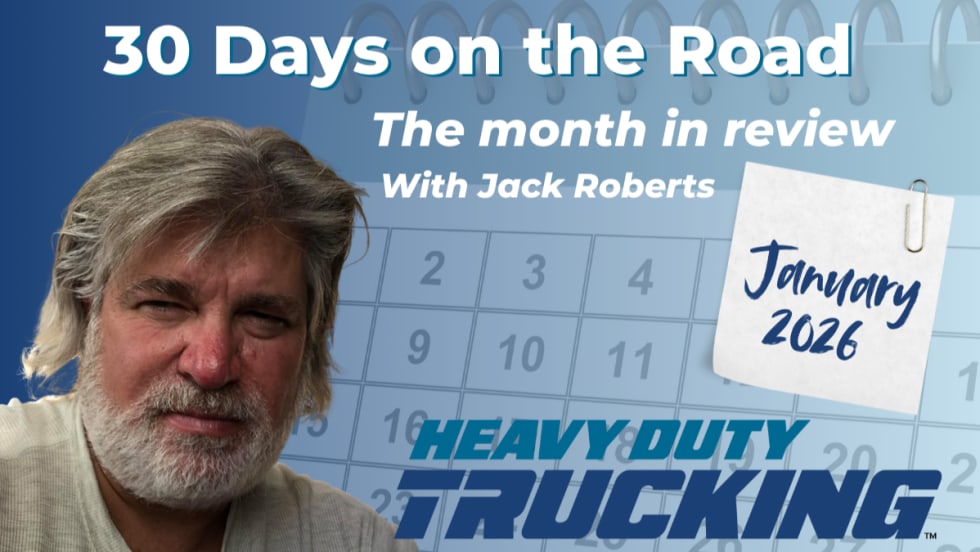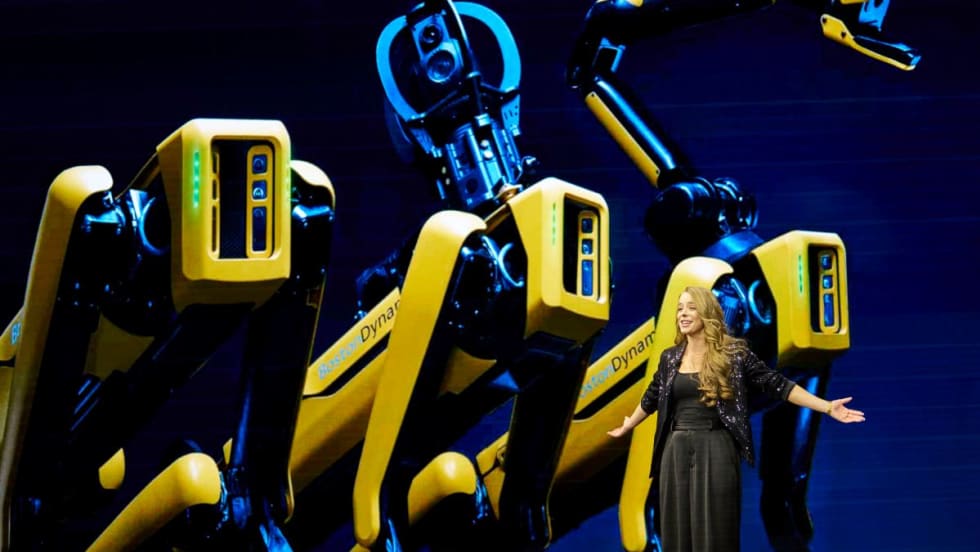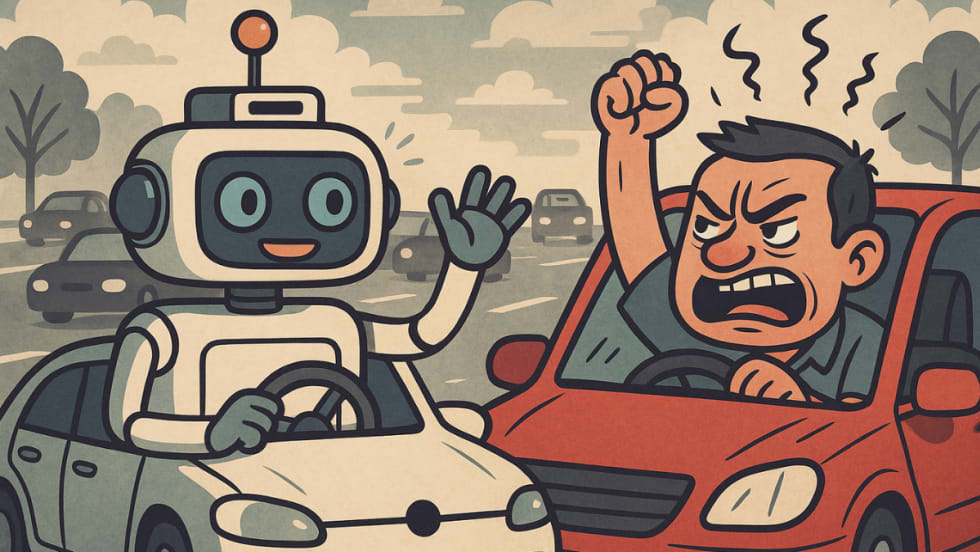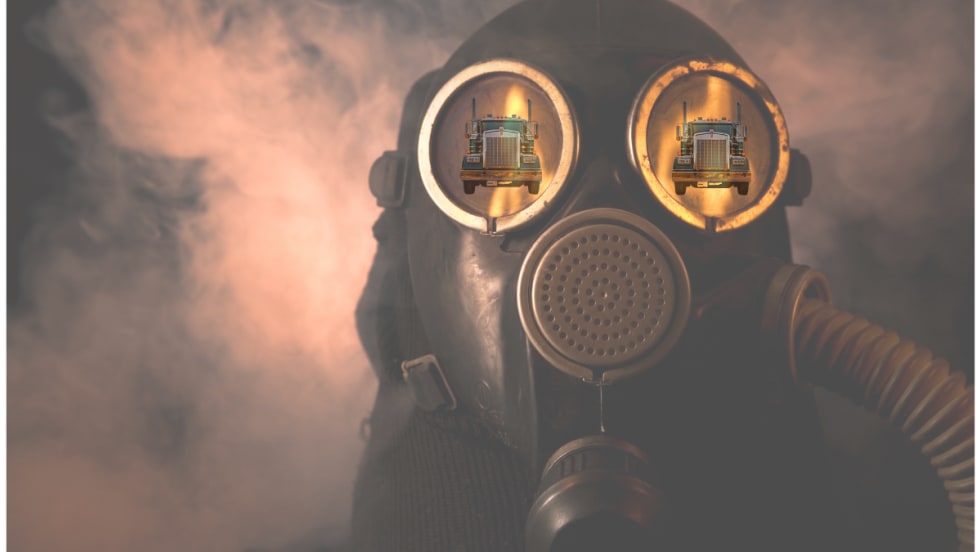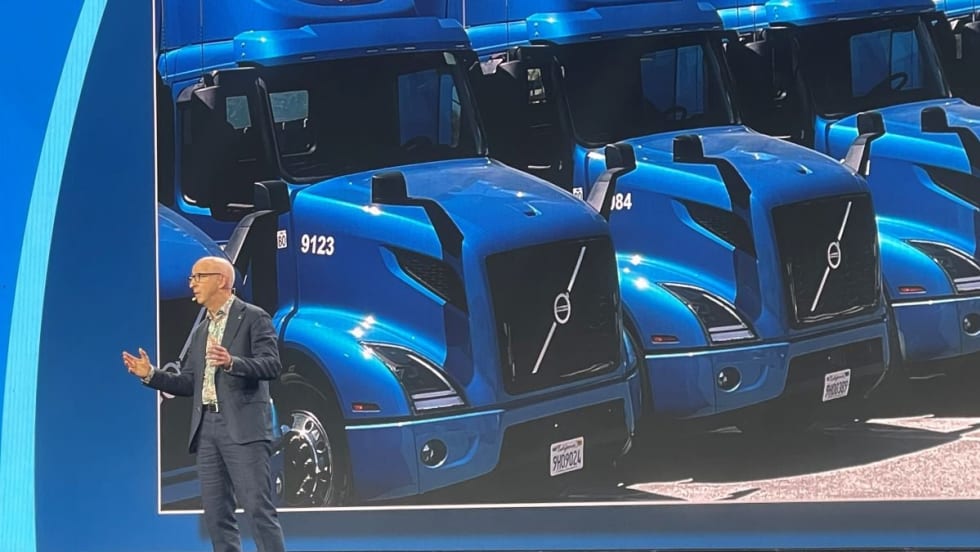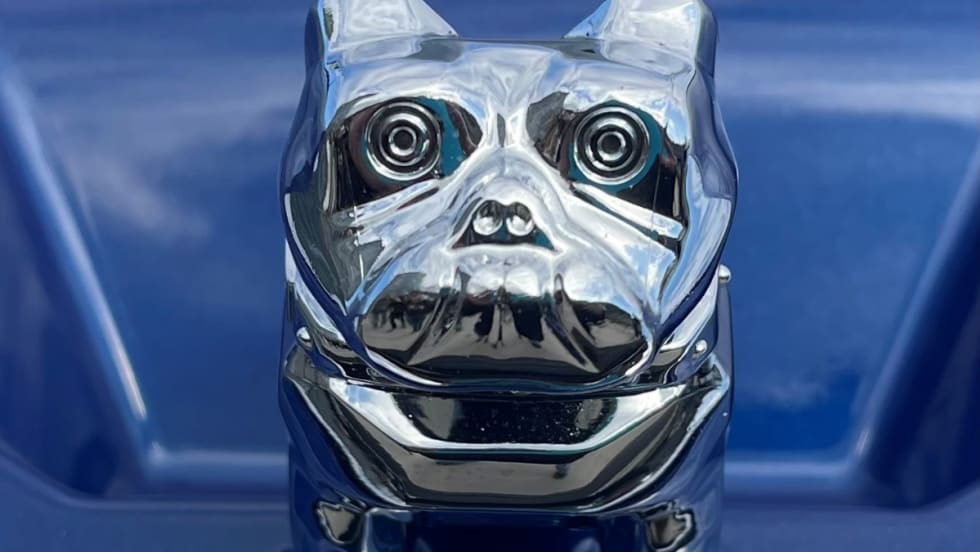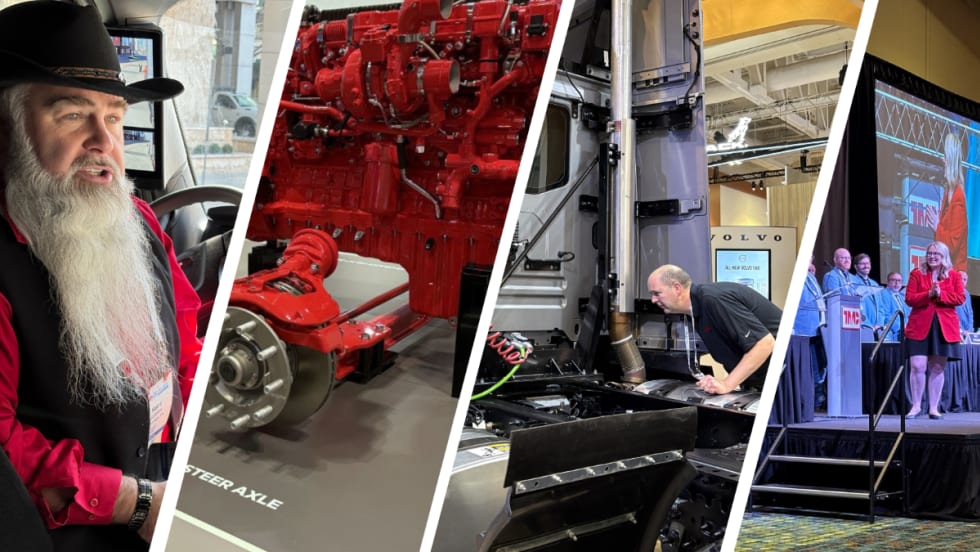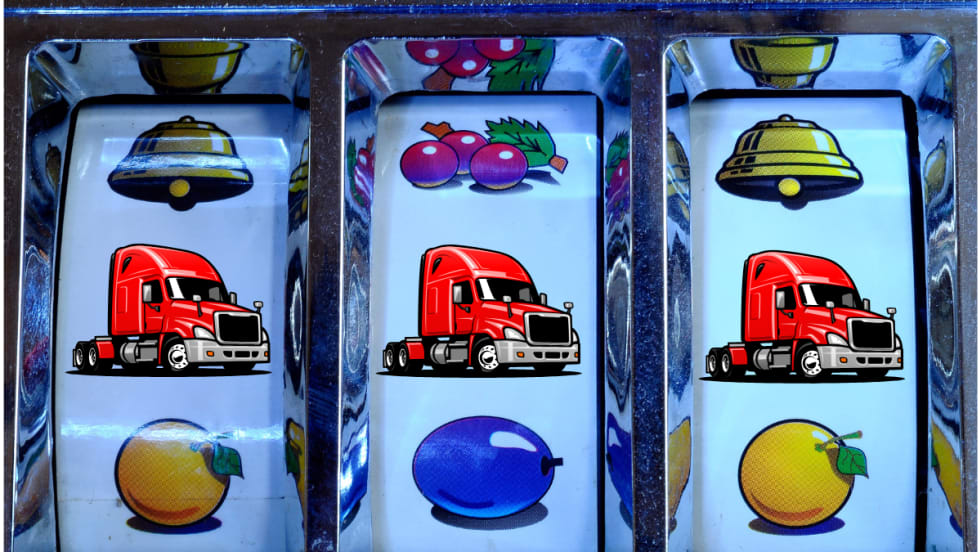New legislation supported by organized labor is cropping up seeking to regulate how autonomous trucks will be used by fleets on public roadways. What's going on? Jack Roberts explores in his Truck Tech blog.
There’s a big legislative fight brewing in California over autonomous trucks. And my guess it’s one of the first shots fired in what is likely to be a long, contentious war over the role human drivers will play in trucking’s future.
As the deployment of autonomous trucks looks increasingly likely, fears are starting to grow that the technology will be unsafe for the public at large. Equally important, it appears that fears are growing that autonomous trucks will have a devasting effect on what has become one of the largest remaining blue-collar jobs in the country.
Teamsters Sound the Autonomous Alarm
In August, fresh off their victory in the UPS contract negotiations, the International Brotherhood of Teamsters came out in support of California Assembly Bill AB 316.
This is a Democrat-sponsored bill that was introduced last January as it became clear that, like other states, California’s Department of Motor Vehicles was preparing to allow autonomous vehicles over 10,000 lbs. to start operating on public roads. Moreover, it appeared that the state DMV was planning on enacting this policy without consent from the California legislature.
And the uproar around the bill shows just how divisive the issue of self-driving trucks will likely become before long.
'Stifling Innovation'
To begin with, California’s Democratic governor, Gavin Newsome, is fiercely opposed to the bill – much to the Teamsters’ dismay. California is a technology and economic superpower — and Newsome clearly wants to keep it that way.
In a letter to lawmakers opposing the bill, Dee Dee Myers, senior advisor to Newsome and director of the Governor’s Office of Business and Economic Development, said, “Our state is on the cusp of a new era and cannot risk stifling innovation at this critical juncture.”
Myers went on to note that other states, such as Texas and Arizona, “are actively positioning themselves to lure away California-based companies and the investments and jobs they bring.”
On the other side of the issue, you have the California public, who are, according to polling cited by the Teamsters, opposed to autonomous trucks.
A recent poll conducted by the American Automobile Association (AAA) found that nearly 70% of American drivers are scared of self-driving vehicles.
Likewise, a poll conducted in by RABA Research in Texas in April found that 64% of respondents would be uncomfortable sharing the road with driverless delivery vans — and 73% would be uncomfortable sharing the road with autonomous trucks and tractor-trailers.
Will Autonomous Trucks Put Drivers Out of Work?
On top of safety issues, concern is rising that autonomous trucks will throw thousands of truck drivers out of work.
The Teamsters cite a 2018 study by the U.C. Berkeley Labor Center on autonomous trucks which notes that, “Without policy intervention, automation will likely eliminate high- and mid-wage trucking jobs, while creating low-quality driving jobs (in their place).”
And, according to the National Conference of State Legislatures, 29 states already have legislation on the books concerning autonomous vehicles. Obviously more regulations are coming.
Ghosts of the Rust Belt
So, what should we make of this sudden spike in concern about autonomous vehicles — self-driving trucks, in particular?
I think it’s a sign that the reality of autonomous cars and trucks operating on public roads is starting to hit home with the public, elected officials and organized labor in a big way.
I’ve been saying for years now that autonomous technology – autonomous trucks, in particular — will be a massively transformative, or disruptive technology (depending on your point of view) that will send shockwaves through almost every segment of our society imaginable.
Additionally, I think the debate in California is a clear sign those autonomous shockwaves are starting to reverberate through the country.
It’s hard to recall something this transformative hitting an industry so quickly and driving such profound changes throughout our economy and society. The automation of manufacturing plants around the country springs to mind as an obvious parallel. But that happened on a much slower scale and the damage was done by the time the threat was recognized nationally.
On the other hand, in no small part, the lingering regret over losing all of those manufacturing jobs years ago is most certainly playing a role in people sounding the alarm over the impact autonomous trucks will have on drivers now. And it’s beginning to look like organized labor and its allies in the Democratic Party learned a lesson from those days, and is determined to have a say-so in how autonomous trucks come be used in fleets in the near future.




